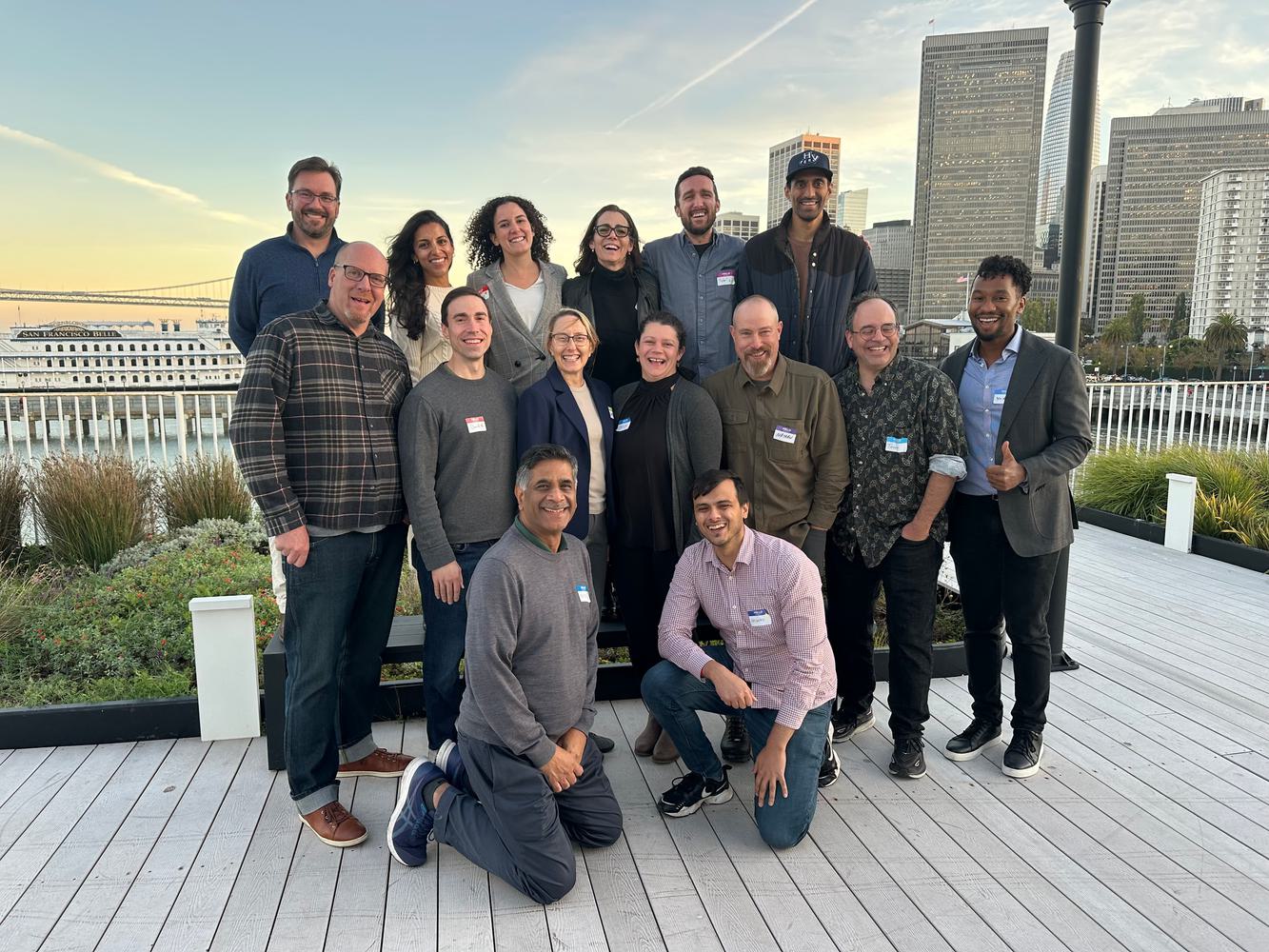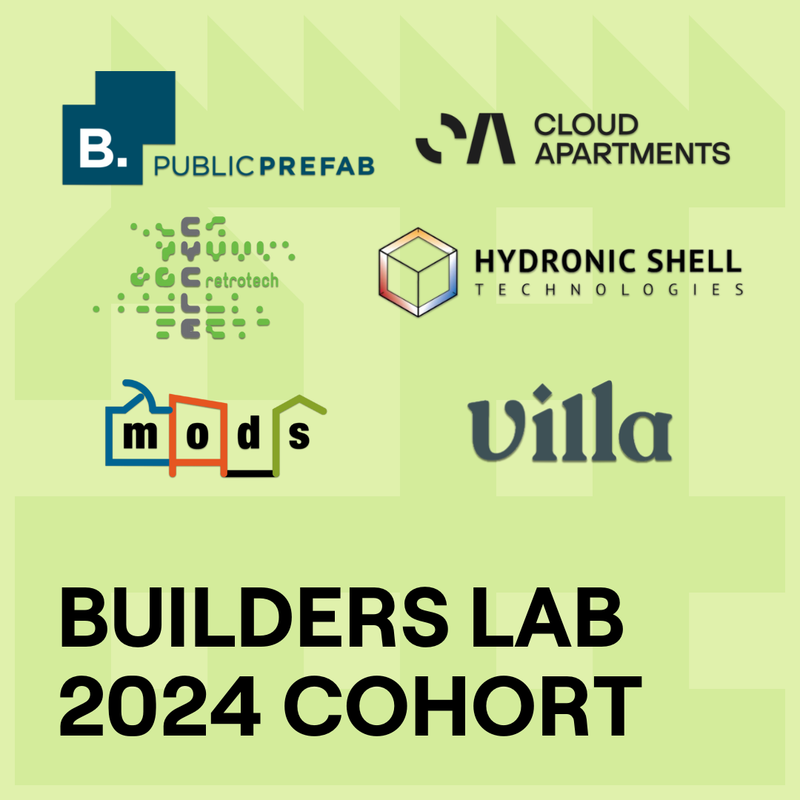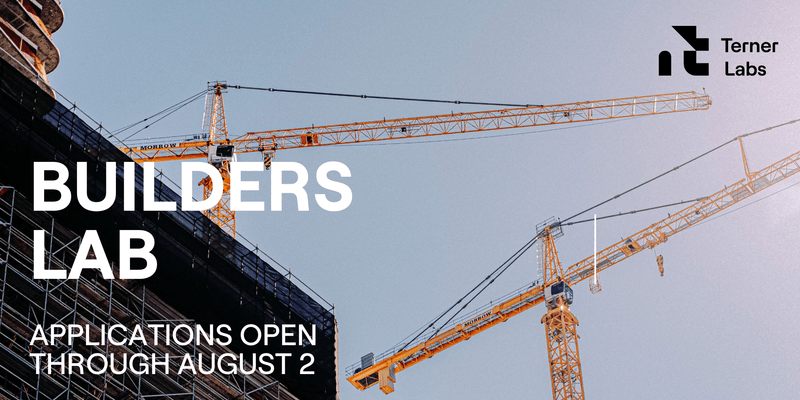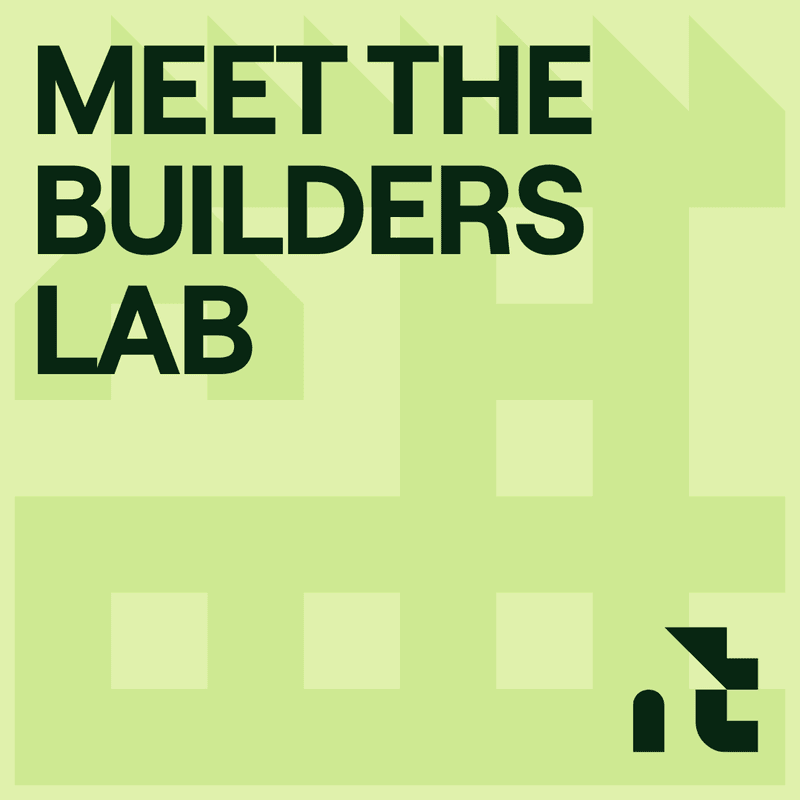Emerging Learnings from the Builders Lab

This fall, we announced the six companies selected to participate in the Builders Lab, an accelerator program for innovators in architecture, engineering, construction and hardware. Since then, this group of companies has been working together and with expert coaches to uncover opportunities for growth in a shifting landscape.
To develop the Builders Lab, we drew from industrialized construction (generally: the use of concepts and practices from the manufacturing sector to improve the building industry) research at the Terner Center for Housing Innovation and from a rich network of experts in academia, industry and government (learn more about why we created the Builders Lab here). Through this process, we learned that industry transformation must begin with identifying and uplifting promising models.
Our 2024 Builders Lab cohort represents a wide array of approaches to housing delivery. Some, like B.PUBLIC or MODS PDX, run their own factory production, producing volumetric modules (which could comprise an entire prefabricated apartment unit) or panels that can be quickly assembled on-site into new units of housing. Others, like Cloud Apartments or Villa, use innovative business models and systems to partner with external home-building factories and help fill their production pipelines. Cycle Retrotech and Hydronic Shell are applying industrialized approaches to home retrofits and decarbonization, addressing the critical overlap between our housing and climate crises.
Through the selection process and the first few months of working with our cohort, we’ve identified some connecting themes that reflect our cohort’s complementary approaches.
1.Mitigating fragmentation
The present innovation ecosystem often centers disruption (for example, through venture capital-backed startups with wholly new approaches) as key to driving needed change. We see immense value in combining disruptive innovation with collaboration, working closely with the incumbent players and fragmented systems that currently influence housing delivery at scale.
This kind of integrative innovation is a unifying theme amongst our cohort. For example, Villa takes advantage of nationwide manufactured home capacity (“HUD code” homes built to the only federal building code standard) to deliver new single and small multifamily units in challenging development contexts. Meanwhile, B.PUBLIC demonstrates the potential for component production to scale beyond their own manufacturing capacity: their eco-friendly panel specification can be (and has been) built by existing, external manufacturers in both the U.S. and Canada.
2. Working with housing developers and owners as core partners
Across the cohort, companies recognize the critical role housing developers and owners play in delivering high quality homes, quickly. MODS PDX and Villa can engage in development themselves or through development partners, driving the decision making to put innovation into practice. Others, such as Cloud Apartments, Hydronic Shell, and Cycle Retrotech work with developers or owners as customers, and their offerings reflect the need to simplify and streamline the adoption of off-site components. Approaching developers as key thought partners will enable these companies to reach a large market with direct impact on housing production and preservation.
3. Supporting the workforce
Labor shortages are a chronic constraint on building capacity. Our cohort companies demonstrate the ways innovative technologies and approaches can augment and reinforce our construction workforce rather than displace it. B.PUBLIC, for example, designs their panelized product to mirror typical on-site work, and trains new and existing construction tradespeople to install their products. Similarly, MODS PDX conducts extensive workforce development outreach to community colleges in its region, generating awareness of emerging career opportunities in construction. These approaches offer promise for addressing labor shortages in the face of ongoing recruitment and retention challenges in the building industry writ large.
We’ve seen these themes come to life in the Builders Lab programming so far, including our inaugural Bay Area retreat last fall and during our first virtual workshop focused on standardization and optimization in design and production. Our cohort will continue to meet virtually through Spring 2025, coming together in May for a trip to Sweden and Scotland to understand how U.S. actors might foster a more stable and mature industrialized construction ecosystem. We encourage you to sign up for the Terner Labs newsletter to stay updated about our collaborative efforts, and follow Terner Labs on LinkedIn.
The Builders Lab is supported by strategic partnerships with industry leaders Eden Housing, Hilti, SCB, Skidmore, Owings & Merrill (SOM), and Suffolk Construction, as well as generous support from the Chan Zuckerberg Initiative, The Ballmer Group, and JPMorgan Chase & Co. The views expressed here do not necessarily represent those of our funders. Thank you to Ben White, our former Builders Lab Director, for his contributions to this piece.


